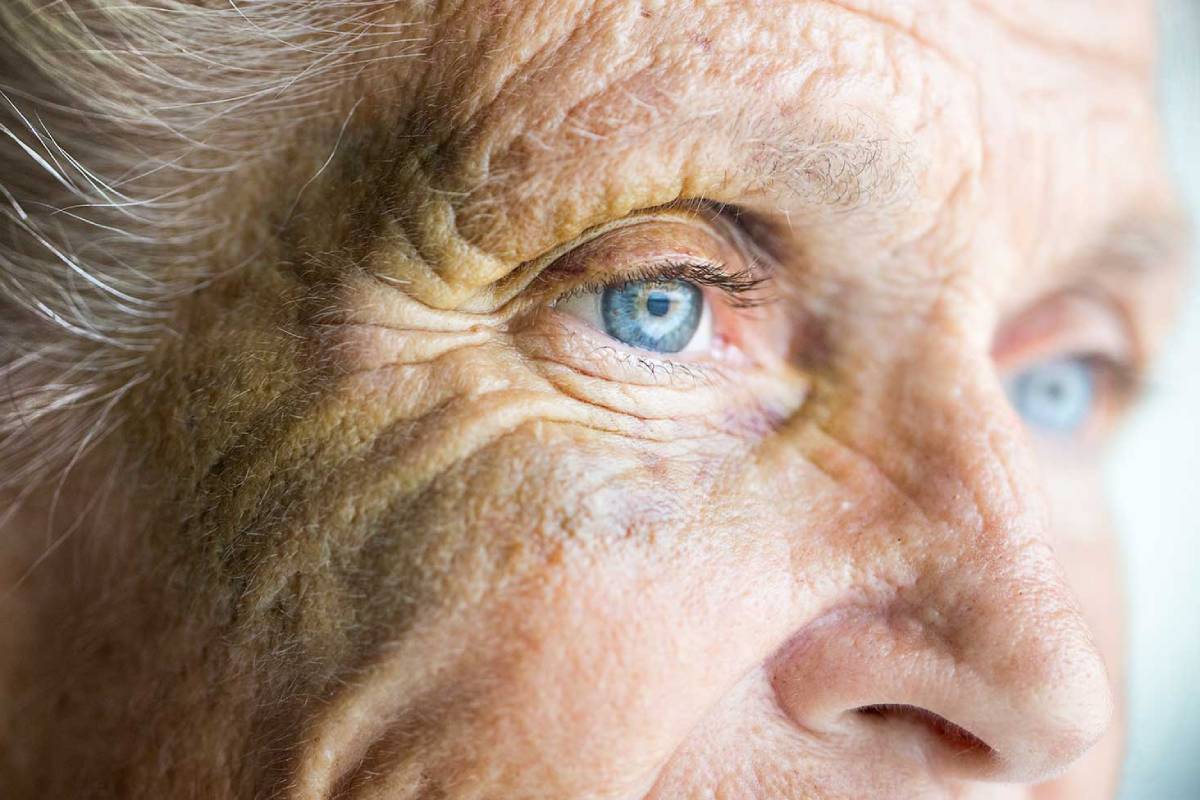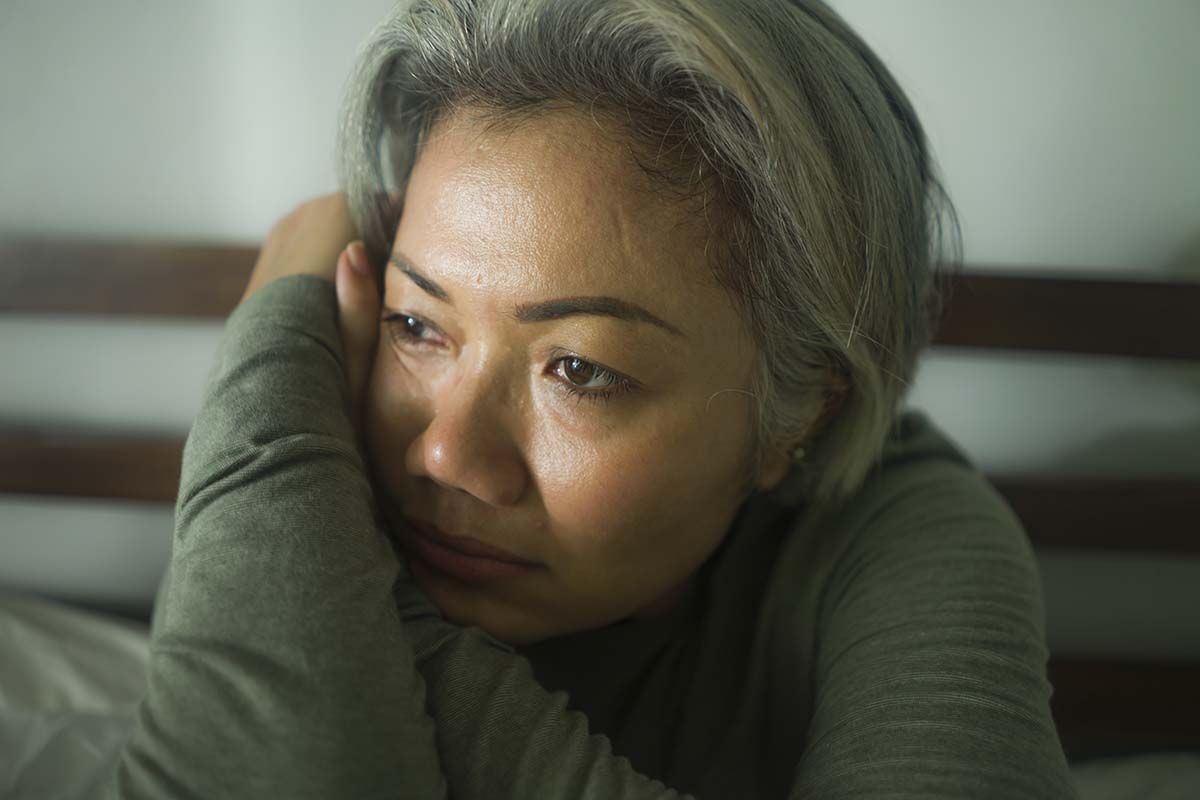World Elder Abuse Awareness Day (WEAAD) is June 15. The first WEAAD was launched in 2006 by the International Network for the Prevention of Elder Abuse and the World Health Organization at the United Nations (UN).
Each year, an estimated 5 million older adults are victims of abuse, neglect, or exploitation. Financial abuse and exploitation cause older Americans to lose an estimated $2.6 billion or more annually. Those are funds needed for housing, food, and medical care. The high cost associated with this issue underscores how tragically common it is. Elder abuse can happen to anyone.
What is Elder Abuse?
“Elder abuse” refers to intentional or negligent acts by a caregiver or trusted individual that causes harm to an older person.
Elder abuse takes many forms, including:
- Physical abuse
- Financial abuse/ exploitation
- Emotional or psychological abuse (this includes verbal abuse and threats)
- Sexual abuse
- Neglect or Isolation
- Emotional or psychological abuse (this includes verbal abuse and threats)
What Causes Elder Abuse?
Older adults are more likely to live alone or experience social isolation, which is one of the most common risk factors for abuse.
Elder abuse can occur anywhere. It affects older people across all socioeconomic groups, cultures, and races. Abuse of an aging adult can happen
- In their home
- In a hospital
- In assisted living facilities
- In nursing homes
Some aging adults are more susceptible to abuse than others. Women and people aged 80 and older are more likely to experience abuse.
Common risk factors for elder abuse include:
- Dementia
- Mental health or substance abuse issues (of the older person and/or the perpetrator)
- Social isolation
- Poor physical health
Reporting Elder Abuse
Most forms of interpersonal violence occur behind closed doors. Elder abuse is no different. Because of the secretive nature of abuse, victims are often reluctant to report it. For older adults, victims can be reluctant to self-report because they may:
- Feel ashamed and embarrassed
- Be afraid of getting the perpetrator in trouble
- Be afraid they will be forced to live in a nursing home
- Take the blame and feel guilty
- Be unaware or in denial that abuse is even occurring
- Be afraid of abuse worsening if they report
Some older adults who experience elder abuse may be unable to speak out due to dementia or other mental or physical impairments. Others speak out but may not be believed when they do.
Who is Required to Report Elder Abuse by Law?
Many professionals who work closely with aging adults may be “mandatory reporters” and required by law to report suspected or known elder abuse. Each state’s laws for reporting may differ.
Mandated reporters have a critical role to play in identifying and reporting suspected cases of elder abuse. But you don’t have to be a mandated reporter to protect older people from abuse, neglect, or exploitation.
You can be a watchdog and protect seniors by:
- Keep in contact with your senior family members, friends, and acquaintances
- Understand the signs of elder abuse
- Ask questions – and really listen – to older family members and friends
- Stay alert and vigilant
- Report suspected abuse, neglect, or exploitation
How Can I Report Elder Abuse?
It is everyone’s responsibility to prevent and report elder abuse, not just the mandated reporters. Taking care of our aging adults is the right thing to do. Report suspected mistreatment to your local adult protective services or law enforcement agency who can investigate the situation.
For reporting numbers, contact Eldercare Locator at 1-800-677-1116 (eldercare.acl.gov).
If you believe an older adult is in a life-threatening situation, contact 911 or the local police or sheriff’s department.



